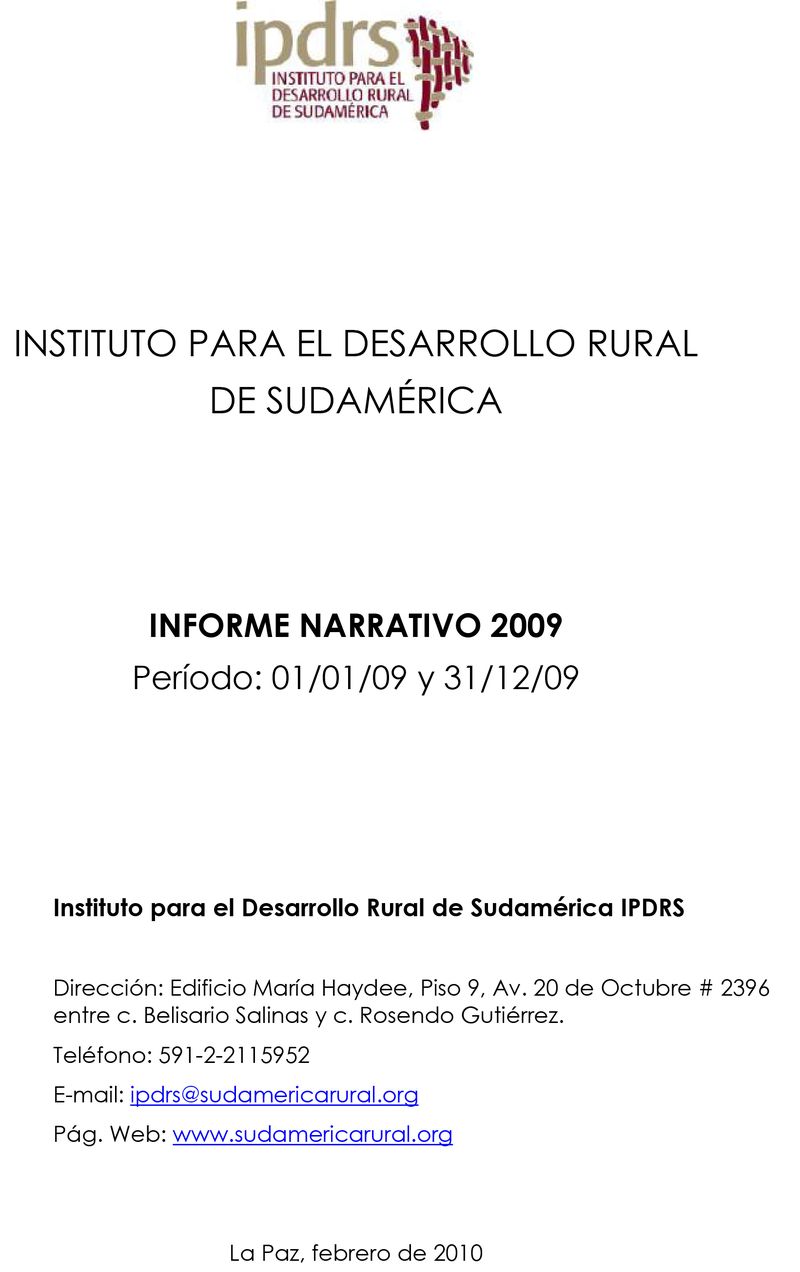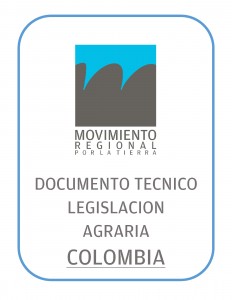Informe de políticas alimentarias mundiales 2016: Sinopsis
El año 2015 marcó un giro decisivo para la comunidad internacional del desarrollo. Si bien aún persisten retos inmensos, la culminación de los Objetivos de Desarrollo del Milenio puso de relieve los impresionantes logros alcanzados desde 1990: tanto la extrema pobreza, como la mortalidad infantil y el hambre se redujeron a casi la mitad.












